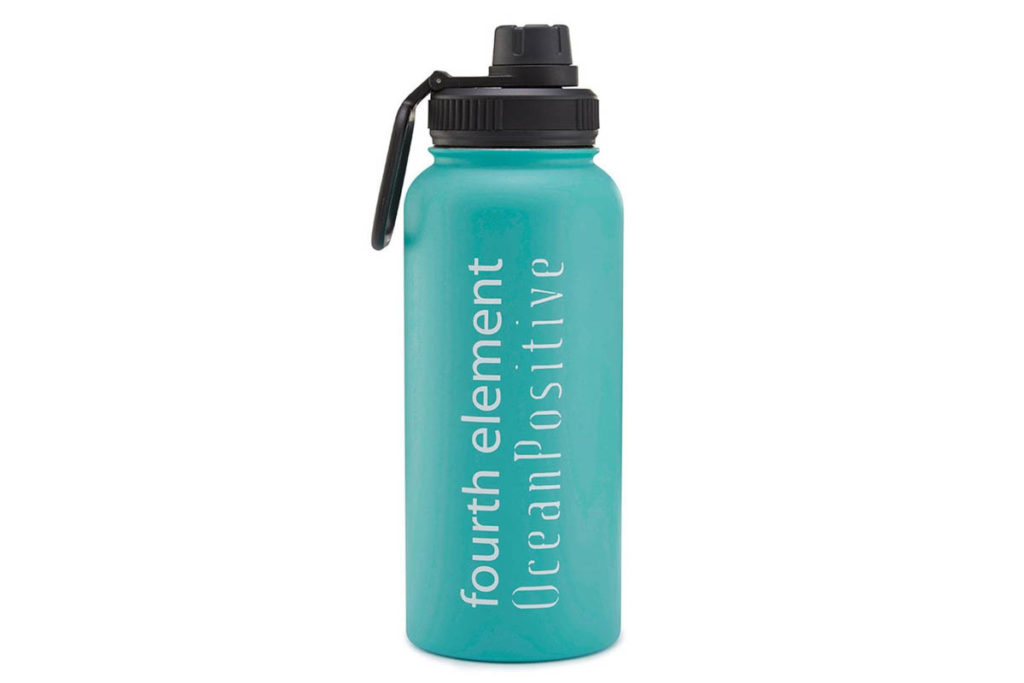When it comes to diving and hydration, many divers believe that a big drink of water before a dive will keep them hydrated. This may result in a near-bursting bladder during the dive – it doesn’t hydrate you.
One of the leading preventatives of the Bends, or Decompression Sickness (DCS), is hydration. About 60% of our total body mass is fluid and in diving we lose some of this fluid through sweating. When we exercise, we generate heat and sweat glands secrete water to the skin surface, where the heat is evaporated. This process cools us but also steadily reduces our fluid volume. The amount we sweat in diving depends on: the temperature of the water, whether we use a wet suit or a dry suit, the effort required, our fitness level and our gender. Scuba air is cold and very dry so we constantly lose fluid as we heat and moisturise each breathe.
Although you have peed before getting into your wet or dry suit, you might find you want to pee again during or just after the dive. Diving in cold water causes blood in the arms and legs to move to the core of the body. This increases our blood pressure causing fluids to be flushed by urination. As our fluid volume drops during the dive, our blood thickens and that slows nitrogen elimination thus increasing the risk of DCS. This increase in urination, will further lower our absorbed fluid volume. A diver who has not hydrated correctly, could soon have problems.
So, how should we hydrate for diving? We are told our daily intake of fluid should be about 3-4 litres for men and about 2-3 litres for women. The best fluid to hydrate with is water. Slow and gradual hydration is the sensible approach as too much water drunk too quickly just gets flushed through our system. Don’t wait, feeling thirsty means we are DEHYDRATED.
Diving and Hydration
We need to keep up our daily intake of water prior to and during any dive trip. If we lose fluid through sweating, frequent urination, sun burn, sea sickness, multiple dives – or you have been drinking alcohol, drink more water but be sensible about it. So, every morning drink a glass of water when you wake up, then one with each meal. Try to keep to your daily intake. Take a reusable, BPA-free water bottle with measurement markings and drink 250 mls immediately before and after each dive. Fruit is also good as fruit contains water. Aim for 2–4 litres spread evenly through the day. For further advice, talk to your dive medical expert.







